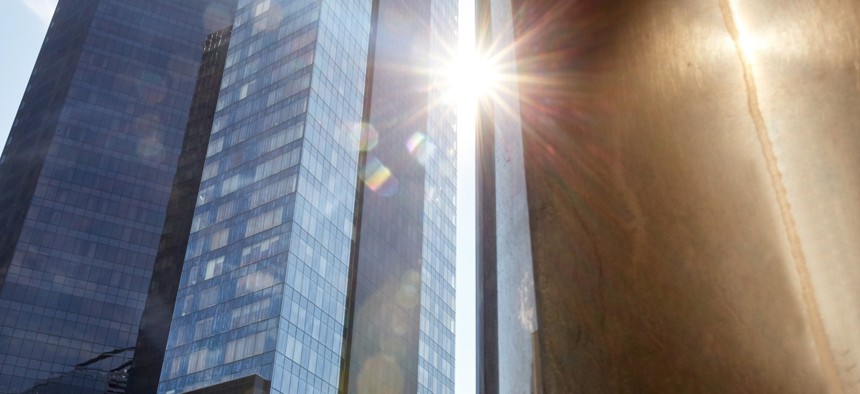
Syda Productions/Shutterstock.com
Summer Makes You More Productive
"Feeling happy and hopeful makes work come a little easier.
It might seem like when the warm weather and long days of summer arrive, people start ignoring their work responsibilities. In part, that’s true. But managers need not fear: because it’s easier to come by fun in the summer, people are actually better at getting things done.
Summer lightens the mood at work, says Cary Cooper, a psychologist at the Manchester Business School in the UK. Good weather gives people more opportunities to socialize with their friends and coworkers. “[Employees] don’t just sit at their desks. People tend to go out to eat, have a cup of tea…[and] commune with their colleagues,” he says.
Plus, summer usually is the end of the fiscal year—at least in the northern hemisphere—which means that for the most part, projects are winding down. It’s easier to plan vacations during this time, especially for parents whose children are on break from school.
All of these factors contribute to less stress. And in Cooper’s years of work, he’s found that stress is the enemy of efficiency. “Working with big, longitudinal data sets, numerous studies have established the association between stress and lower productivity and reduced job satisfaction,” he told Slate.
People might take extra-long lunches, or cut out early for happy hours with co-workers during summer, but that may actually make for more productive workers. Cooper believes working long hours limits the amount we get done in that time. A 2015 survey on over 3,000 British full-time employees found that workers often report not having enough time to get everything done in the day, and end up staying late. They mentally and physically exhaust themselves, and then are unable to be creative at work the next day, Cooper argues. As a result, tasks take them even longer and the cycle continues.
Cooper has advocated for a six-hour workday to give employees a better work-life balance and ultimately increase their in-office working capacities. In theory, happier employees can get more done. In 2014, a study of 700 participants found that people were better at doing basic math when they were given chocolate and shown stand-up comedy beforehand. In the same experiment, some participants were asked to think of sad memories before the basic math test; they answered fewer questions correctly.
Not everyone thinks good weather is a good thing for work. In 2012, researchers from Harvard University and the University of North Carolina-Chapel Hill found that being happy and distracted outside actually makes people less productive because they start daydreaming about all the things they’d rather be doing. However, this conclusion was partially based on showing college students pictures of outdoor activities before completing a data-entry task; Cooper thinks this likely doesn’t accurately reflect the real world.
There is another potential downside to all this productive optimism. Although folks may be more productive in the days leading up to their vacation, obviously nothing gets done when they’re actually gone. And coming back may slow them down even more: They face thousands of unread emails, preparation for the next fiscal year, and weather that grows colder as fall creeps around the corner. “That doesn’t make them feel very happy,” says Cooper.
The good news is, a little planning can at least help make reentry to work a less painful. If you give yourself a couple of days’ worth of buffer between returning from vacation and heading back to the office, you can create the space you need to catch up on chores and emails in a stress-free environment. Even if you aren’t ahead on any projects, your first day back will be much calmer.






